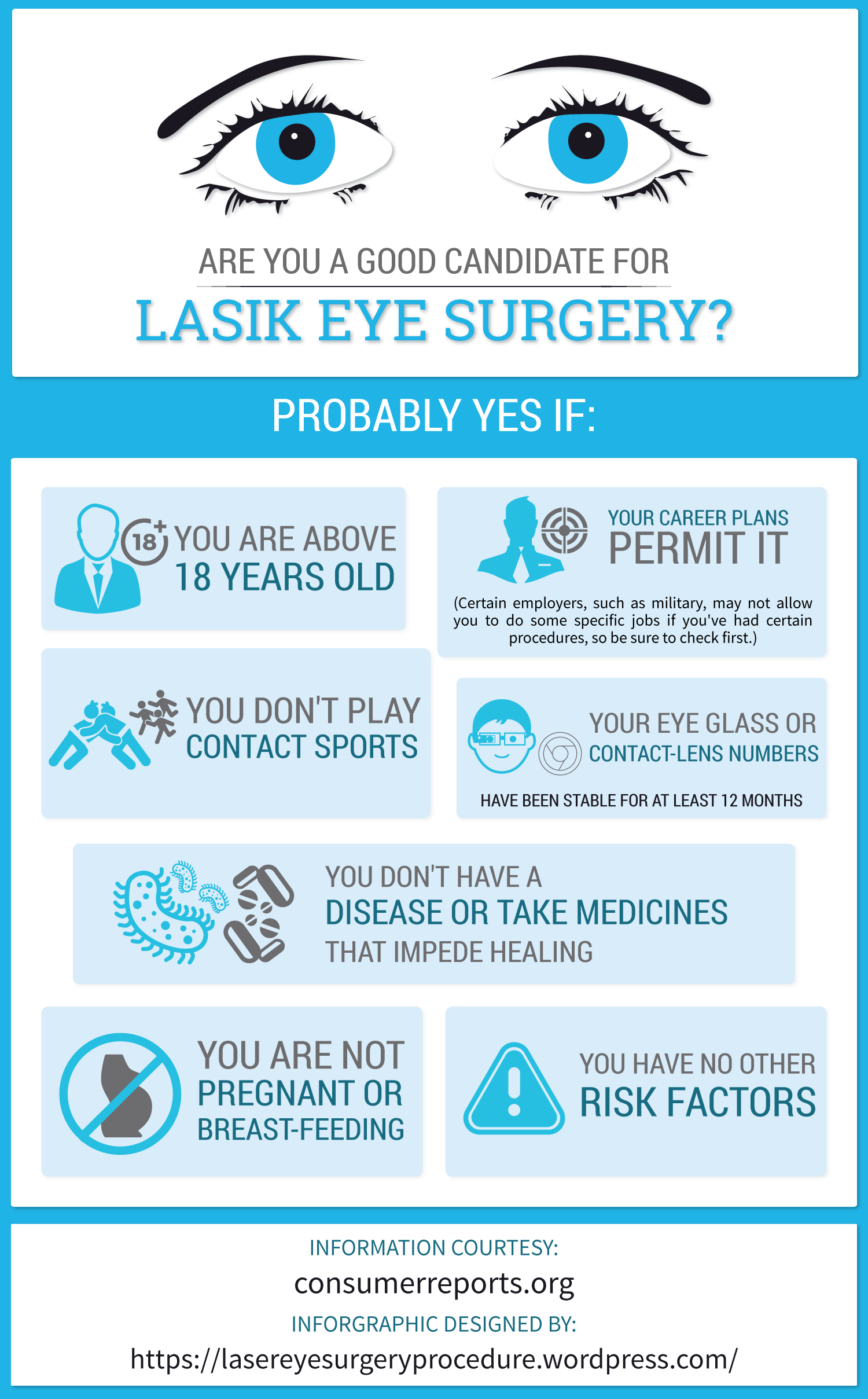How To Support A Loved One Dealing With Cataract Surgical Procedure: A Caregiver'S Viewpoint
How To Support A Loved One Dealing With Cataract Surgical Procedure: A Caregiver'S Viewpoint
Blog Article
Web Content Author-Lynggaard Block
As a caregiver supporting an enjoyed one encountering cataract surgical procedure, your role is vital in guaranteeing their comfort and recovery. From pre-surgery preparations to post-operative treatment, your presence and assistance can make a significant distinction in their trip. Understanding the emotional and physical difficulties they might encounter, giving practical aid, and being their pillar of support are key elements in this procedure. Keep in click now , your role goes beyond simply providing support; it has to do with being a source of strength and convenience throughout a significant phase in their life.
Understanding Cataract Surgical Procedure Process
Checking out the actions associated with cataract surgical procedure can aid minimize any kind of stress and anxiety or uncertainty you may have about the treatment. Cataract surgery is a common and highly effective procedure that involves eliminating the gloomy lens in your eye and replacing it with a clear man-made lens.
Before the surgical treatment, your eye will certainly be numbed with eye drops or an injection to ensure you do not really feel any kind of discomfort during the procedure. The surgeon will certainly make a tiny cut in your eye to access the cataract and break it up utilizing ultrasound waves prior to thoroughly removing it.
When the cataract is gotten rid of, the man-made lens will be inserted in its location. The whole surgery commonly takes around 15-30 minutes per eye and is typically done one eye each time.
After the surgery, you may experience some light discomfort or blurred vision, yet this is typical and ought to enhance as your eye heals.
Preparing for Surgical Procedure Together
To make certain a smooth and stress-free experience, preparing for cataract surgical procedure together can make a considerable difference in your loved one's trip. Beginning by going to pre-surgery consultations with them. In this manner, you can ask questions, understand the treatment, and give emotional support.
Help them arrange their pre-operative directions, drugs, and transport to and from the surgical facility. Make certain their home is ready for their healing by setting up a comfy area with easy accessibility to essential products.
Aid them in scheduling post-operative treatment if required, such as assist with meals or family chores. Encourage them to follow the physician's recommendations regarding fasting prior to surgery and medication protocols.
Comfort them that you'll be there for them every step of the means. By actively joining the preparation process, you can ease anxiety and make certain that your liked one feels sustained and taken care of during this important time.
Post-Operative Treatment Tips
After cataract surgery, offering proper post-operative care is crucial for your liked one's healing. Ensure they use the safety shield over their eye as advised by the physician. Help them provide prescribed eye decreases and medications on time to prevent infection and aid recovery.
Encourage Ophthalmologist Las Vegas loved one to prevent touching or massaging their eyes, as this can cause problems. Aid them in following any kind of limitations on bending, lifting heavy items, or participating in exhausting activities to avoid pressure on the eyes. Make sure they go to all follow-up visits with the eye physician for monitoring progression.
Maintain the eye area clean and completely dry, staying clear of water or soap straight in the eyes. Urge your liked one to wear sunglasses to secure their eyes from brilliant light and glare during the healing procedure. Be patient and encouraging as they recuperate, supplying help with day-to-day tasks as needed.
Final thought
Finally, sustaining a loved one with cataract surgery entails being there every step of the method, from pre-surgery prep work to post-operative treatment. Your emotional support, functional assistance, and support can make a substantial difference in their recuperation process. By remaining notified, organized, and conscientious to their needs, you can assist make sure an effective result and give them with the convenience and peace of mind they need throughout this challenging time.
